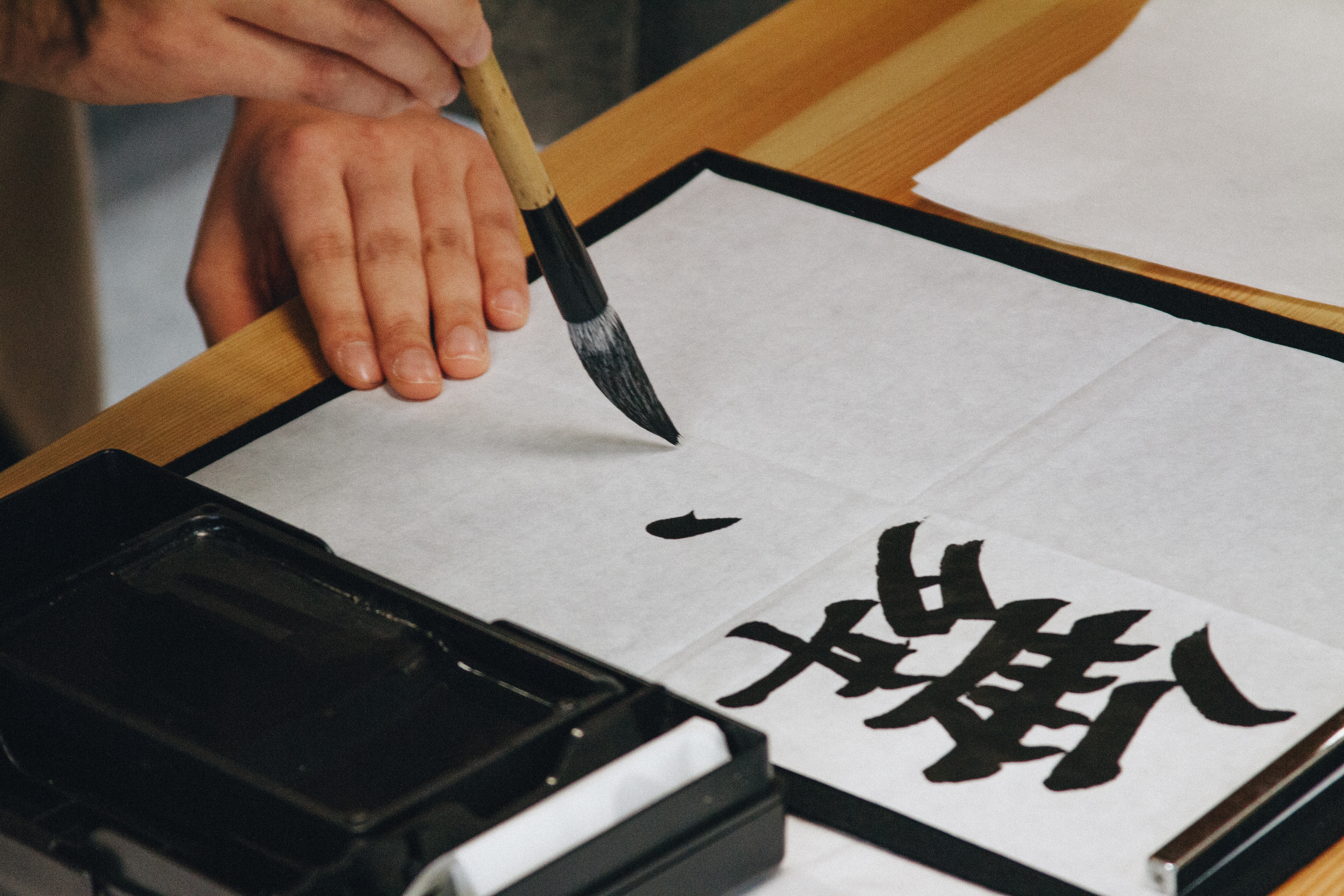Can you visit Japan without knowing Japanese?
With several thousand characters, two syllabaries, bunch of slang as well as very official vocabulary Japanese is a challenging language to learn. Though basic conversation skills can be developed in a duration of several weeks, it takes years to master it. You should not feel overwhelmed though, because you will not be needing this much time to prepare for your visit in Japan. Instead you should feel at ease since there is English-speaking staff in almost every hotel, on airports and train stations, free English guidebooks and maps, announcements in English for every means of transport and latinized names of places on signs everywhere.
You will be able to communicate in English at many touristic attractions and make reservations for tickets on-line on English websites. Many services have two phone numbers one for the Japanese-speaking customers and one for English-speakers. Even if a phone receiver starts to speak in Japanese, ask for an English guidance and your phone call should be immediately transferred. Guide tours are also available at some touristic spots, often providing their customers not only English tour guides but also Chinese and Korean speakers. Bus tours with English audio recordings as well as riksha rides with well-spoken drivers are especially enjoyable tours you may consider taking.

Most shop assistants in apparel stores are quite fluent in their limited vocabulary so you should not have a problem with shopping, finding the right size or returning clothes. Brand stores in places visited by many foreigners tend to hire staff with almost native level of English to give customers satisfactory service. Communicating in English in smaller stores or those where foreign customers rarely visit can sometimes be tricky, so do not try to have a full blown conversation. Rather stick to essential words, which express your intention in the easiest way. Every Japanese shop assistant will understand words like “size”, “bigger”, “smaller”, “buy”, etc.
Convenience stores in Japan are also quite self-explanatory. There is a chance you will run into a person who cannot speak English, but do not worry. Conversations in a konbini (this is how Japanese call convenience stores) are limited to a minimum. If you buy a pre-made lunch, also known as o-bento, you will be asked this question: o-bento atatamemasu ka? (do you want your lunch heated?). Respond with “yes” or hai and wait till the lunch gets heated in a microwave, or say “no” or iie to skip this entire process. Check down for more words you will find useful when shopping in a convenience store.
Hanging out in a Japanese diner is a great experience and fun, but choice in places can be limited if you do not have some Japanese speaking or reading skills. Do not be afraid to ask for an English menu, since many places have them even if there are no English speaking waiters or waitresses around. Eigo no menyuu ga arimasu ka? is how you ask for an English menu and a person you are speaking with will either give you one quickly or cross their hands in the sign resembling an “x” saying arimasen, which means that they do not have any. A big advantage of English menus is that they often have pictures or images of food available, while Japanese ones almost never have them. Japanese bars called izakaya which open in the late evening hours have usually a big selection of bigger and smaller bites as well as great choices in alcohols, so an English menu will save you some time and trouble.
For many stores serving ramen, curry, soba you will most likely have no contact with the waiter or a waitress and make your order by selecting it from a store’s vending machine. Vending machines in fast food restaurants were made to quicken the pace of dealing with customers’ orders, but may be complicated for those unable to speak the language. More and more places rely on images not only for foreign customers, but also to make their offer more appealing to Japanese people. If you happen to find yourself in a place where this trend has not been yet introduced and you are unable to communicate to the staff, you can always try asking for the osusume, which is the store’s recommendation. Workers will be happy to help you and select something for you. You can also get an idea of what is the store’s specialty from the plastic food display, which is a trendy restaurant equipment in Japan (very tacky though).

Even despite the language barrier you should be able to get along with almost everyone and everything. Remember about good manners and thank people for the help they give you. Try some of the most basic words and do not surrender in your struggles. A good idea is also to try and recognize a right time to ask people for help, whether it is to navigate around town, assist with something you wish to buy or explain a position in a restaurant’s menu. People hurrying to work will most probably not stop to tell you a way to your hotel, nor will a bustling ramen shop’s staff immediately come to provide you with the information you need. Understanding social interactions and correct moments is more crucial for getting along with people than the ability to speak in Japanese and will be appreciated by the Japanese.
And for my selection of words you might consider learning before your arrival to Japan:
- Hai (はい) Yes
- IIe (いいえ) No
- Daijoubu desu (大丈夫です) I am alright / That is alright
- Irimasen (いりません) That is not necessary / I do not need it
- Kore wa ikura desu ka? (これはいくらですか) How much does this cost?
- Otearai wa? (お手洗いは?) Can you tell me where is the bathroom?
- (…) ni ikitai desu ga? (…に行きたいですが?) Can you tell me how to get to … ?
- Okaikei onegaishimasu (お会計お願いします) Check please
- Eigo no menyuu ga arimasu ka (英語のメニューがありますか) Do you have an English menu?
These essentials will come in handy during your stay here and there will be plenty of occassions to use them. They may seem hard to remember at first, but you will hear Japanese people using most of them everyday, so hopefully the pronunciation will become easier for you. Do not stress or worry and who knows, maybe you will want to learn more after your first visit?






This is really useful, thank you!
Thank you! I will be continuing this topic in my future posts too 😉